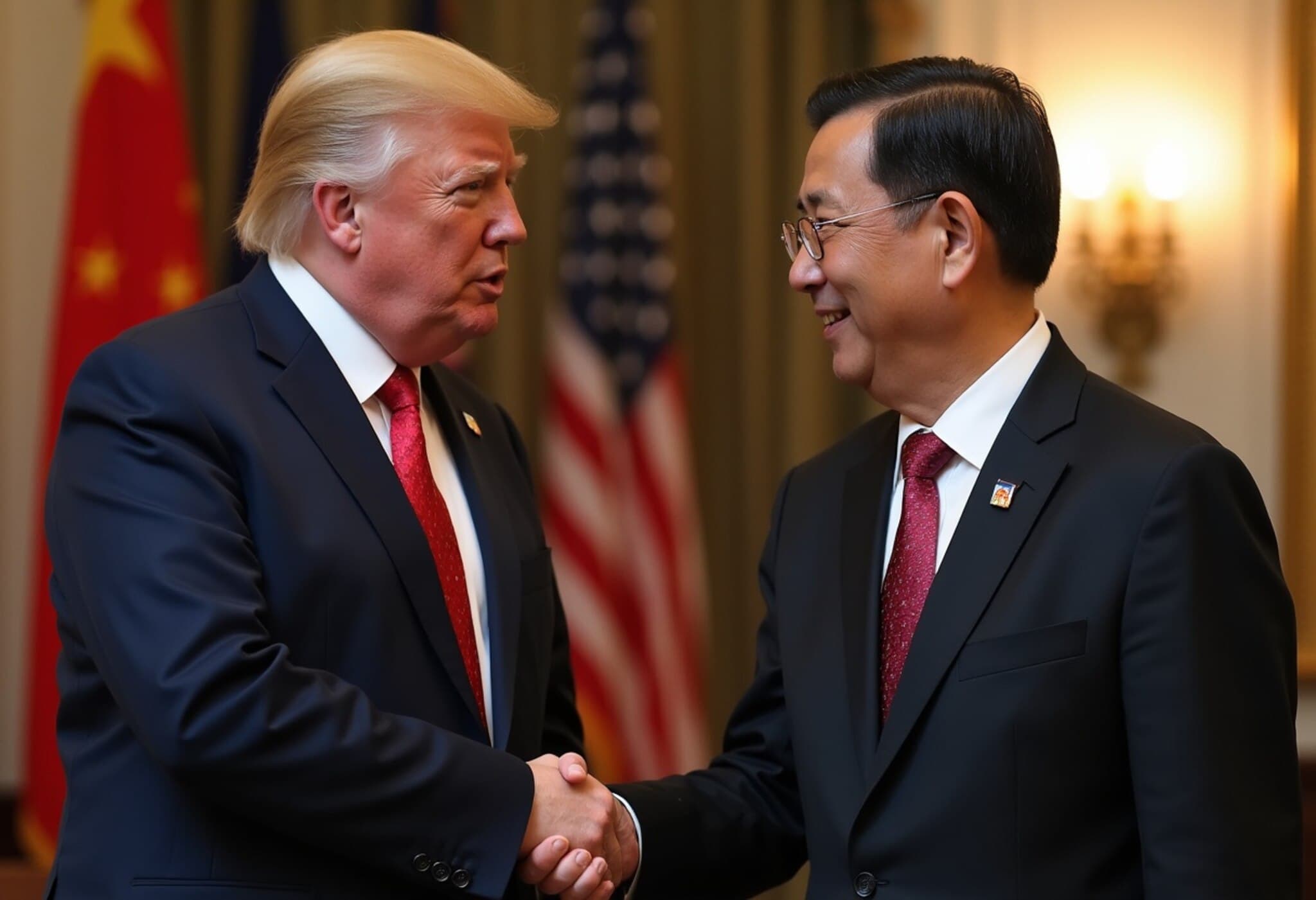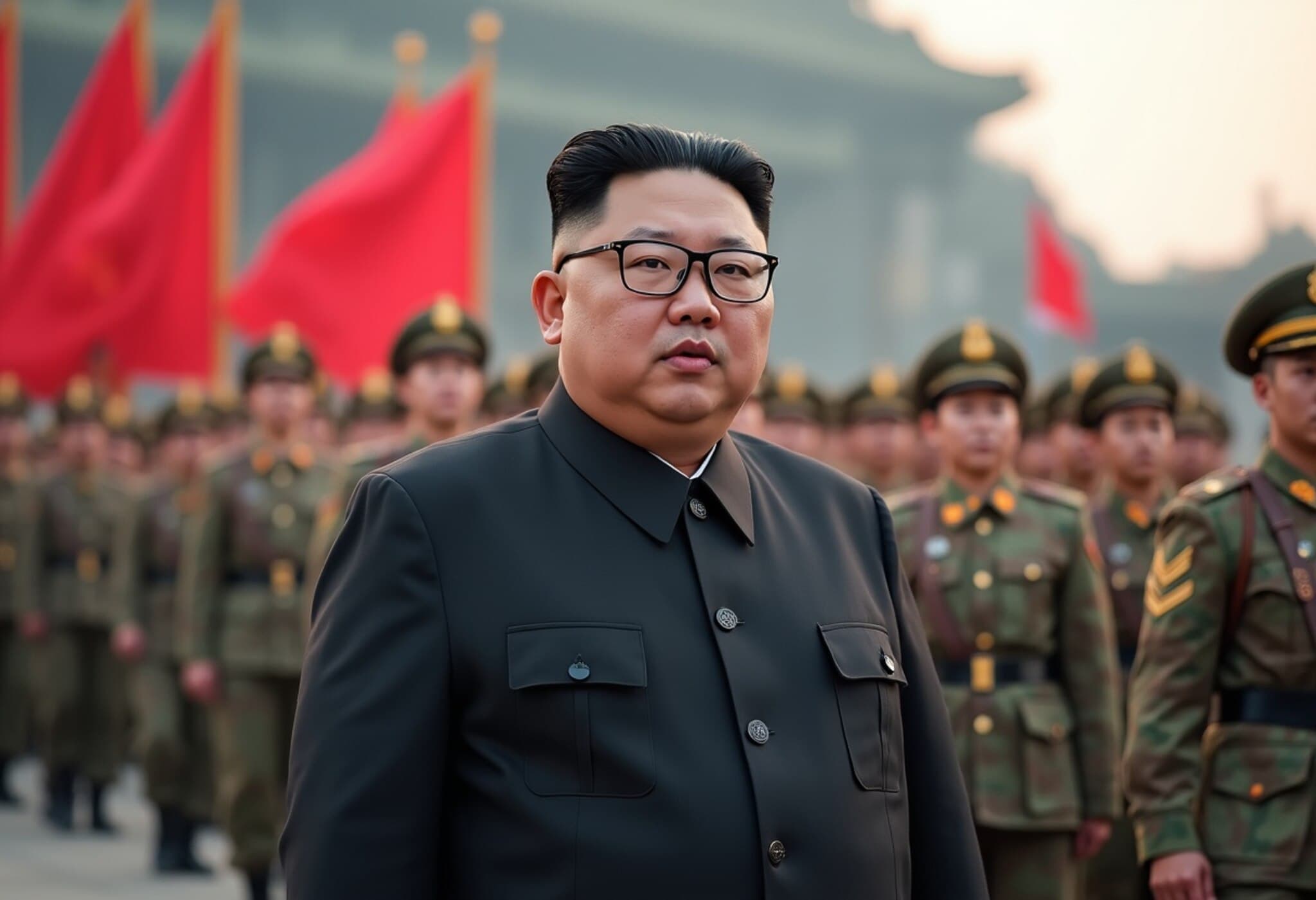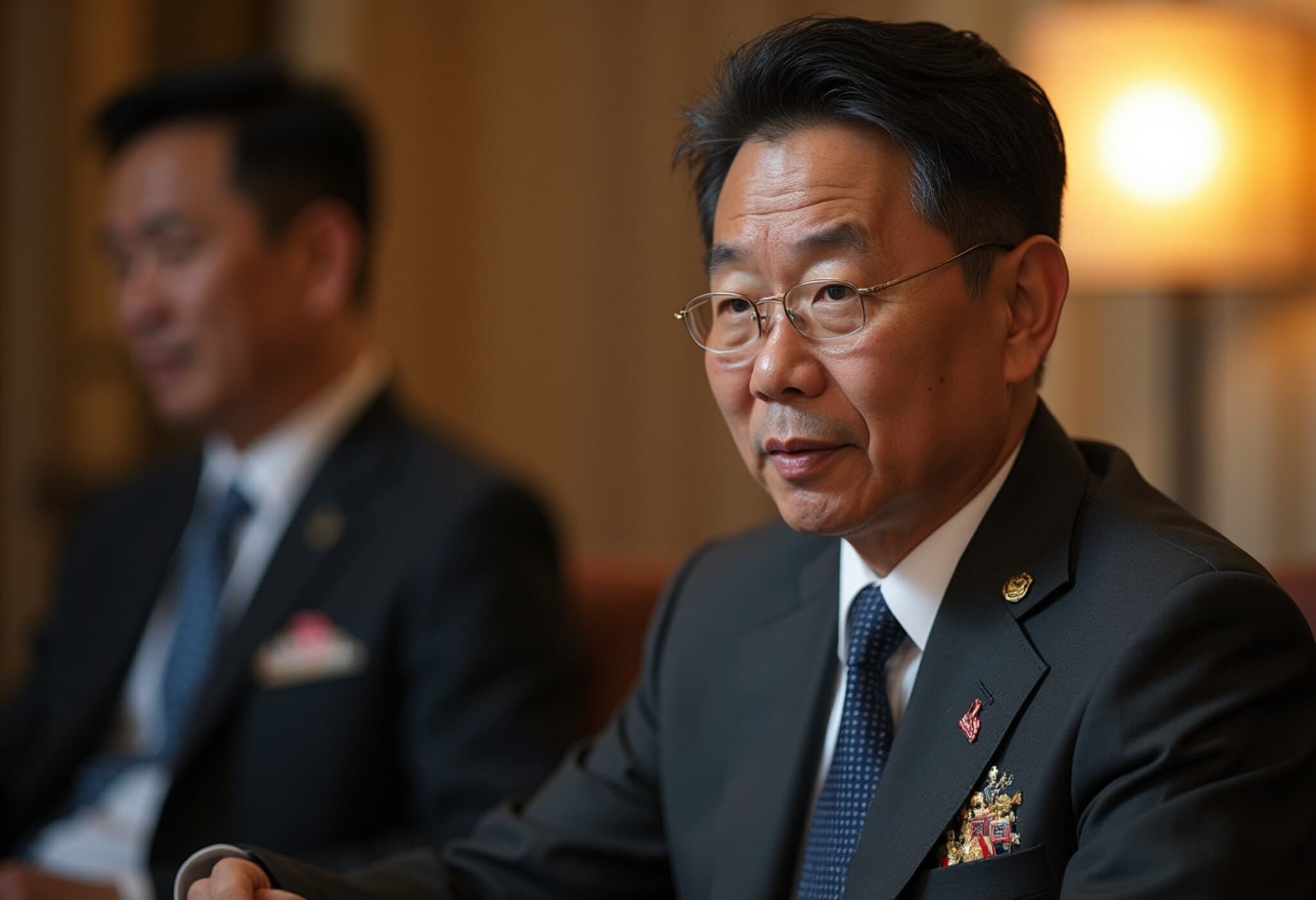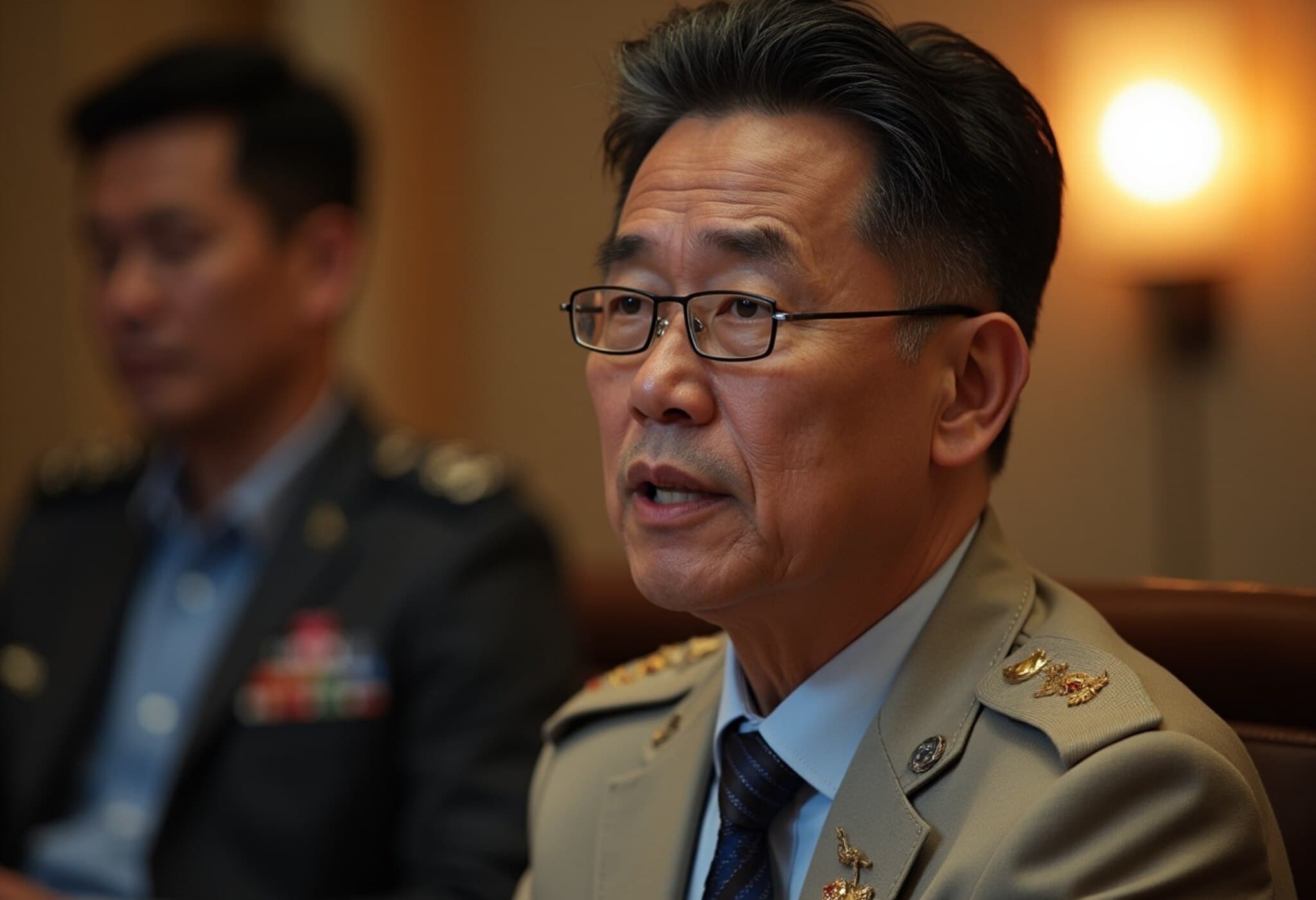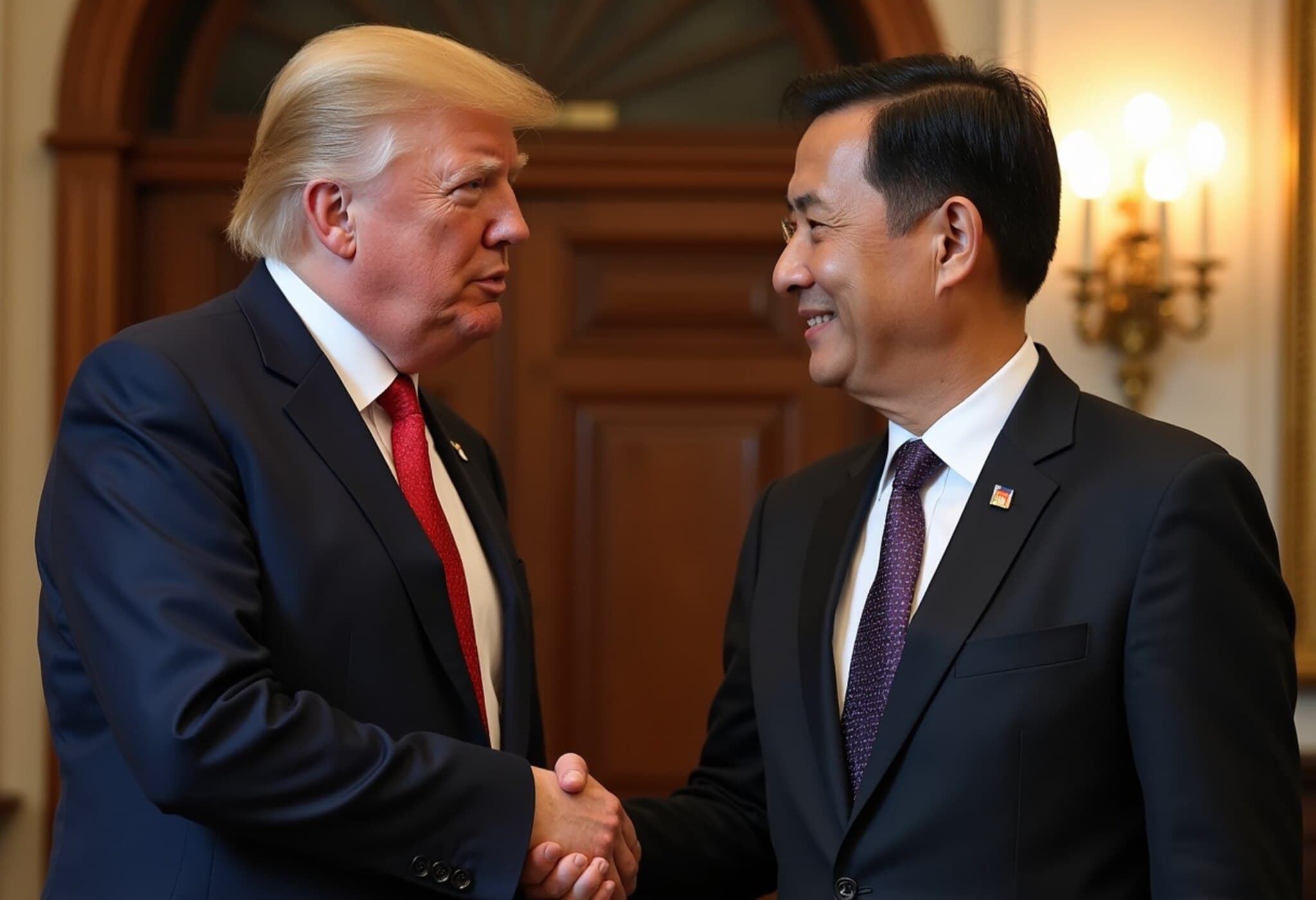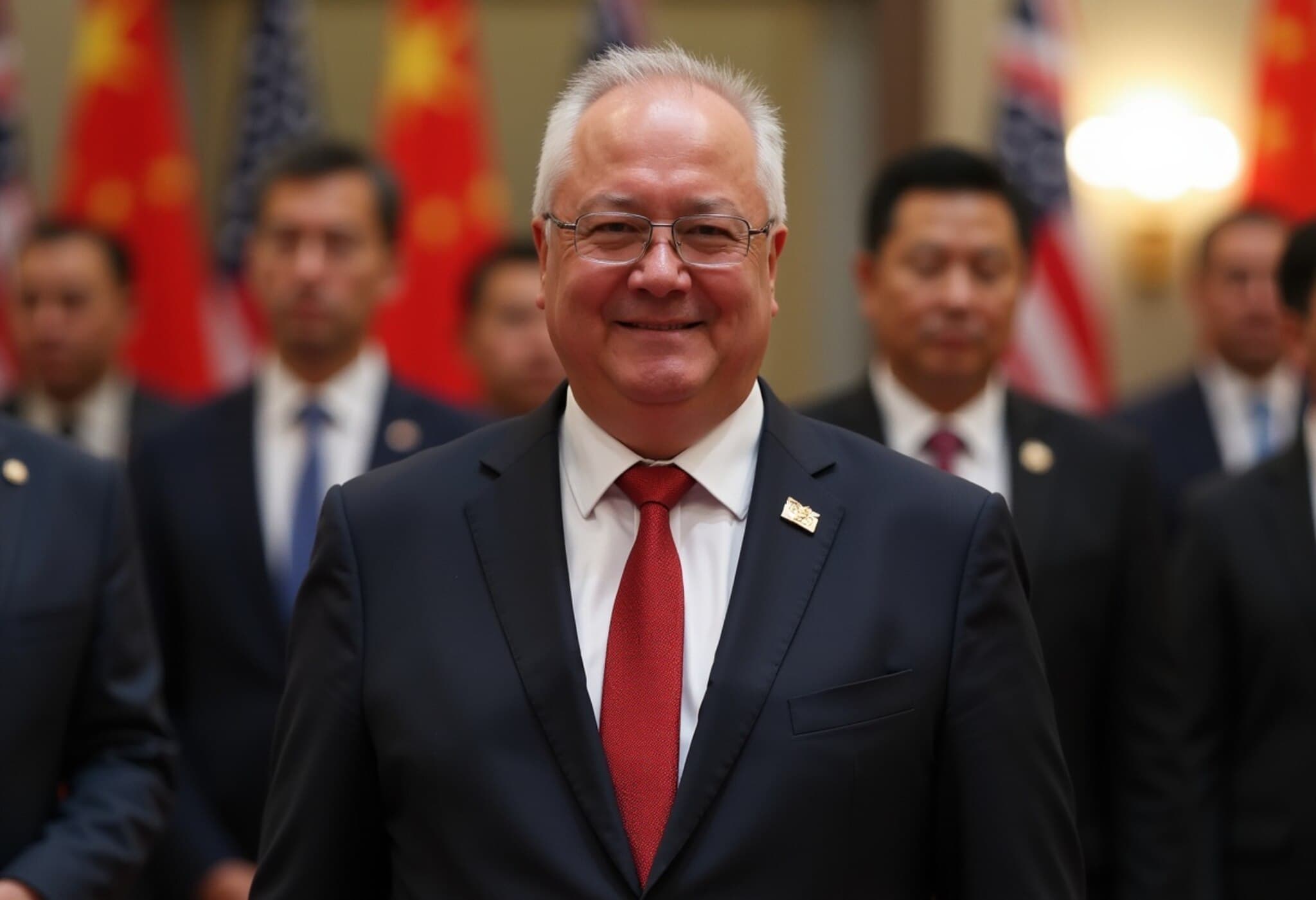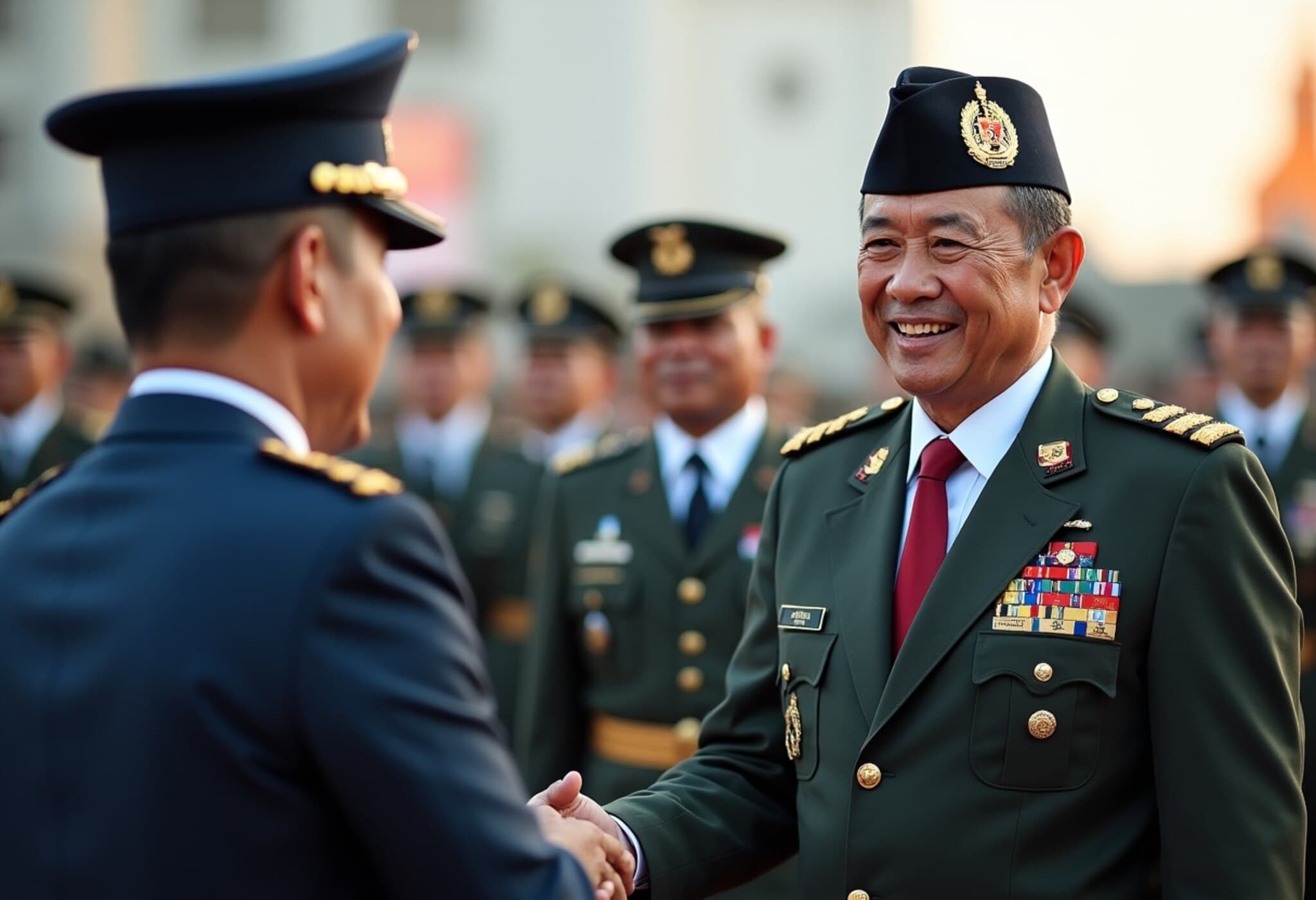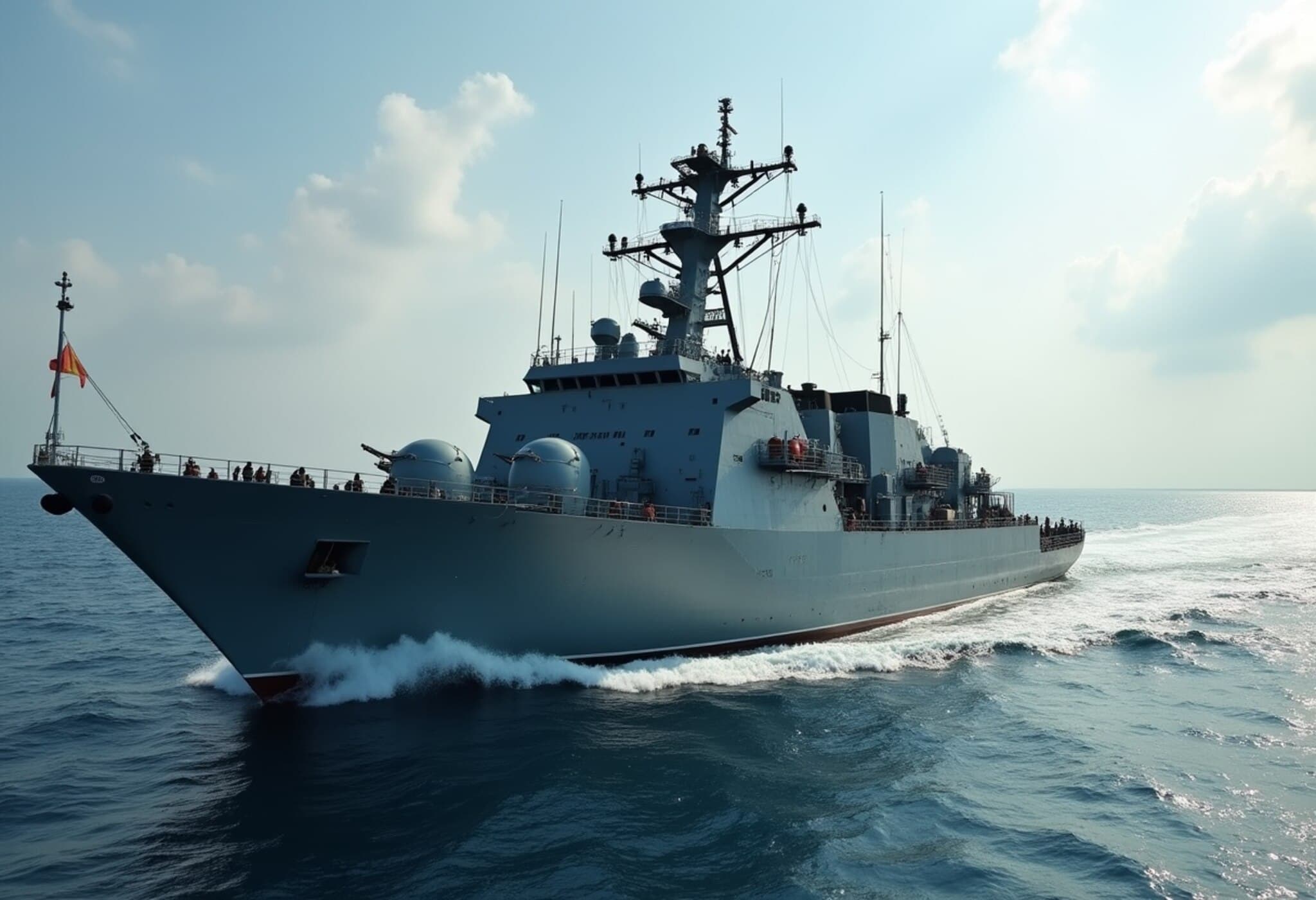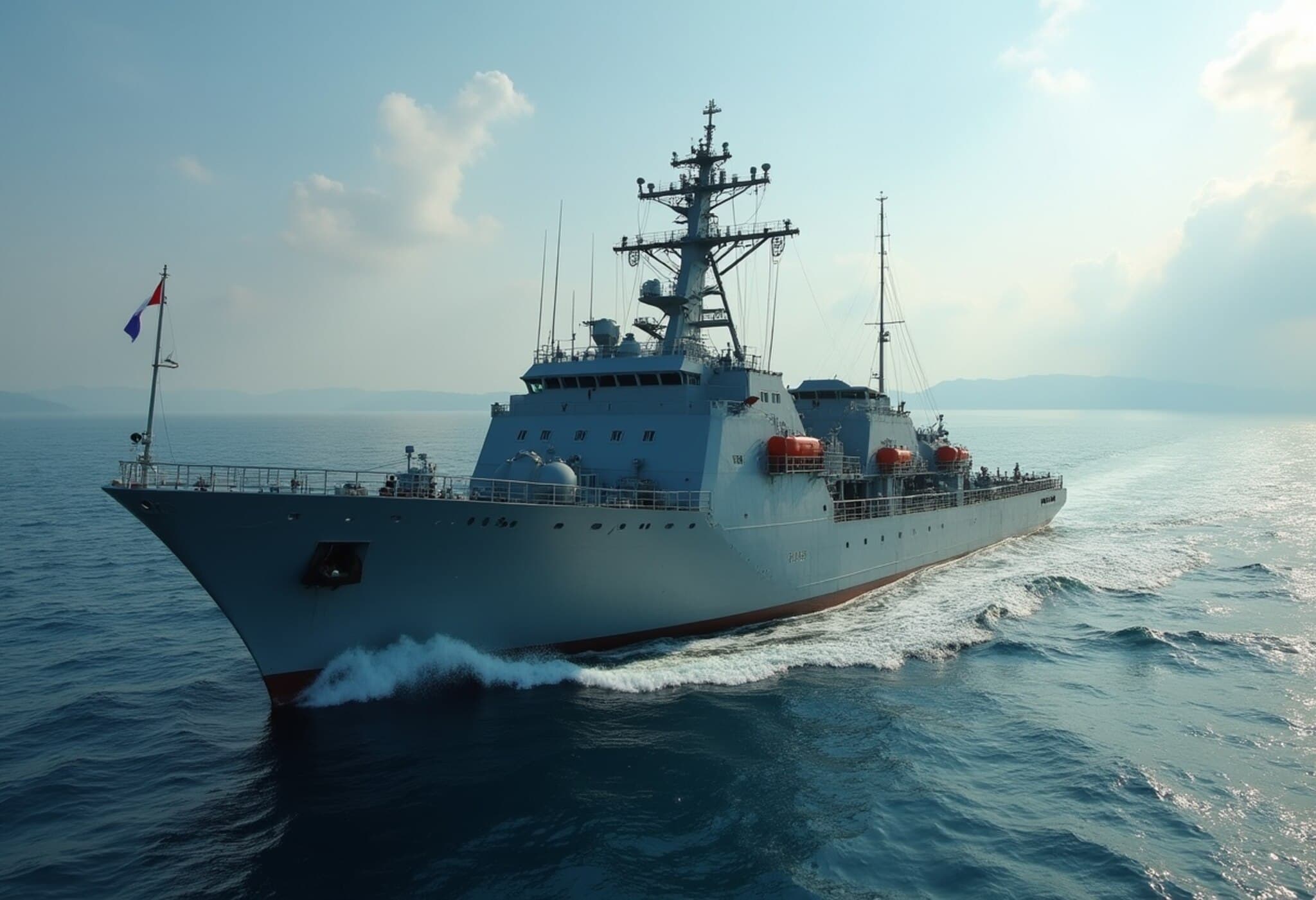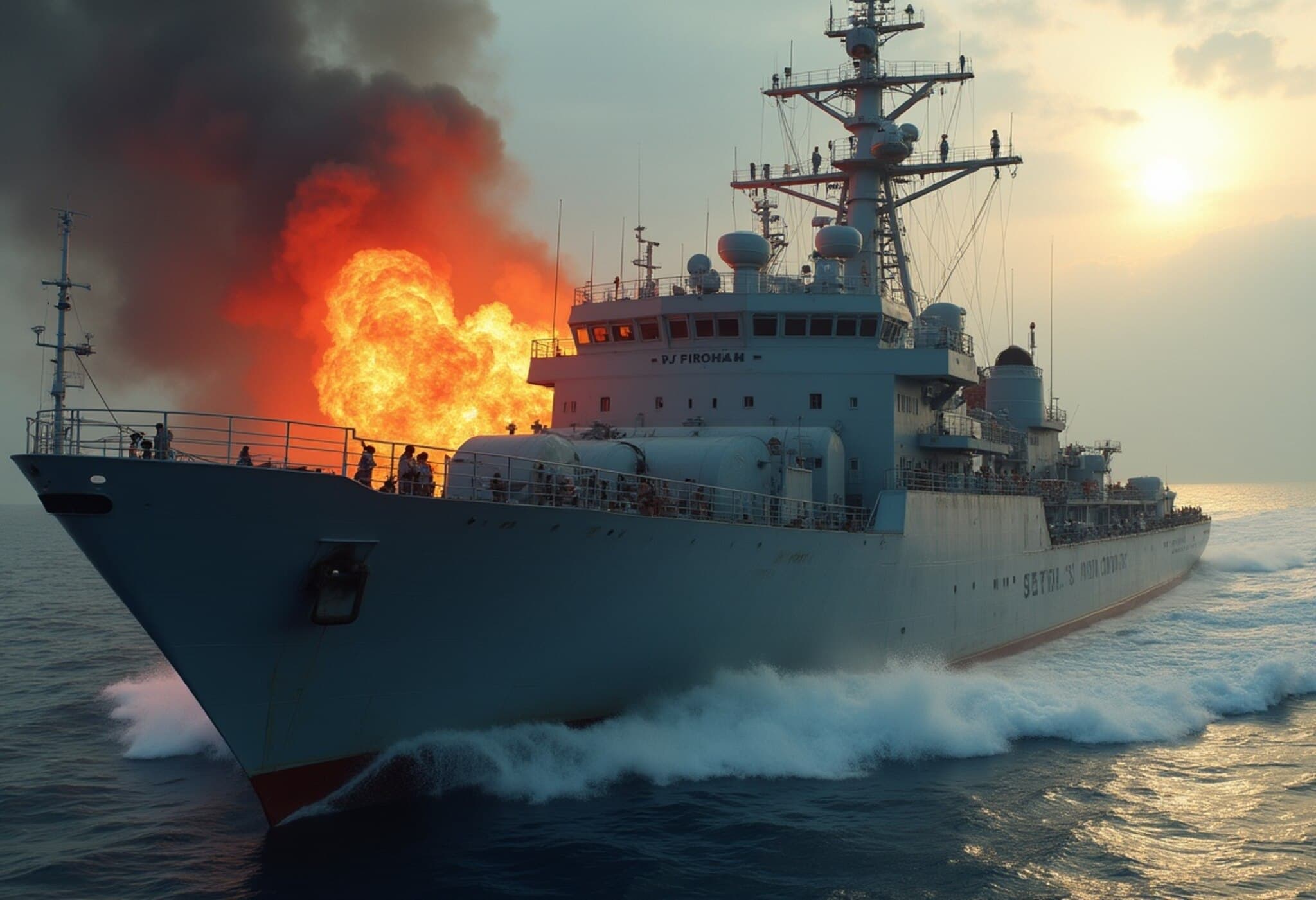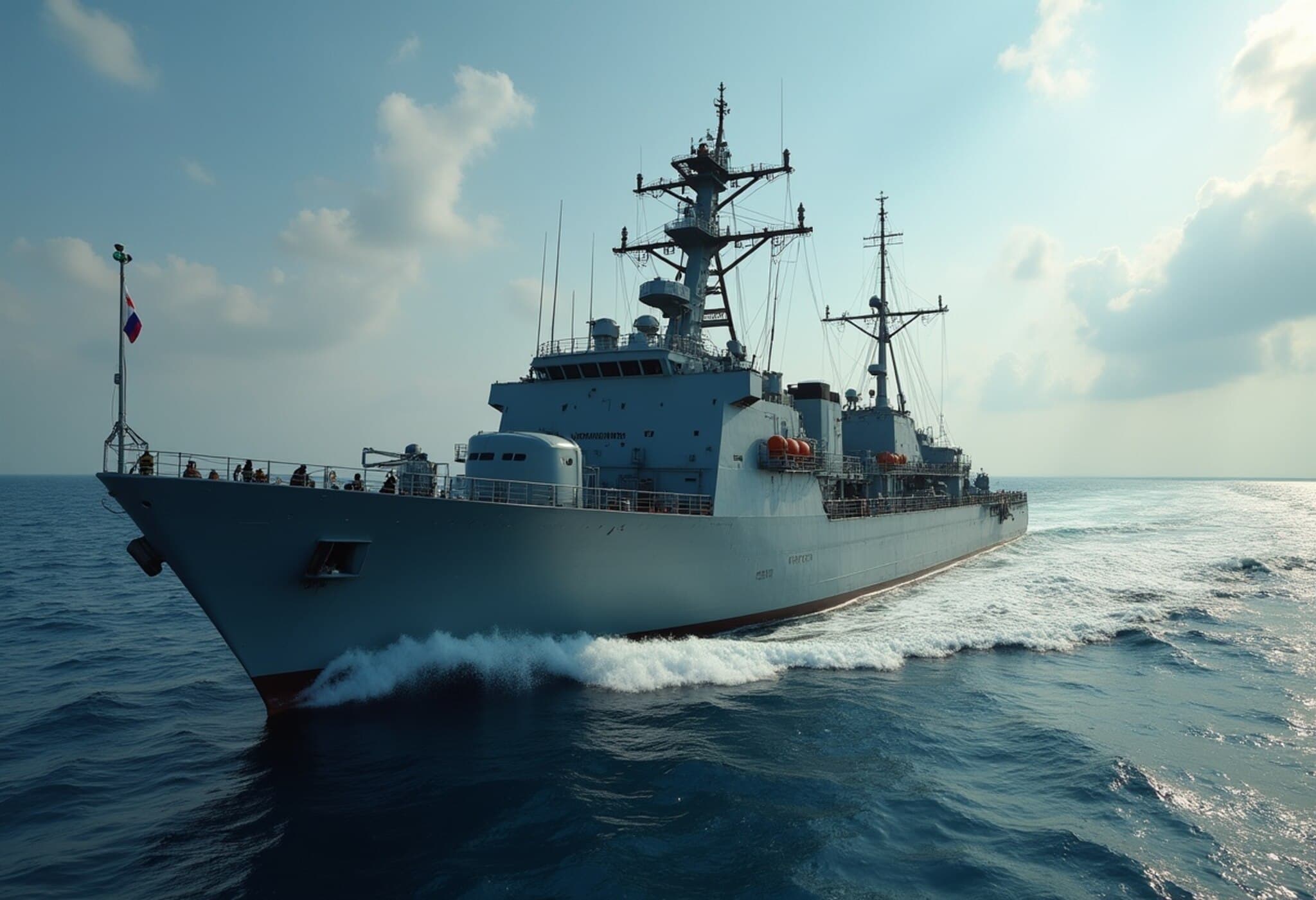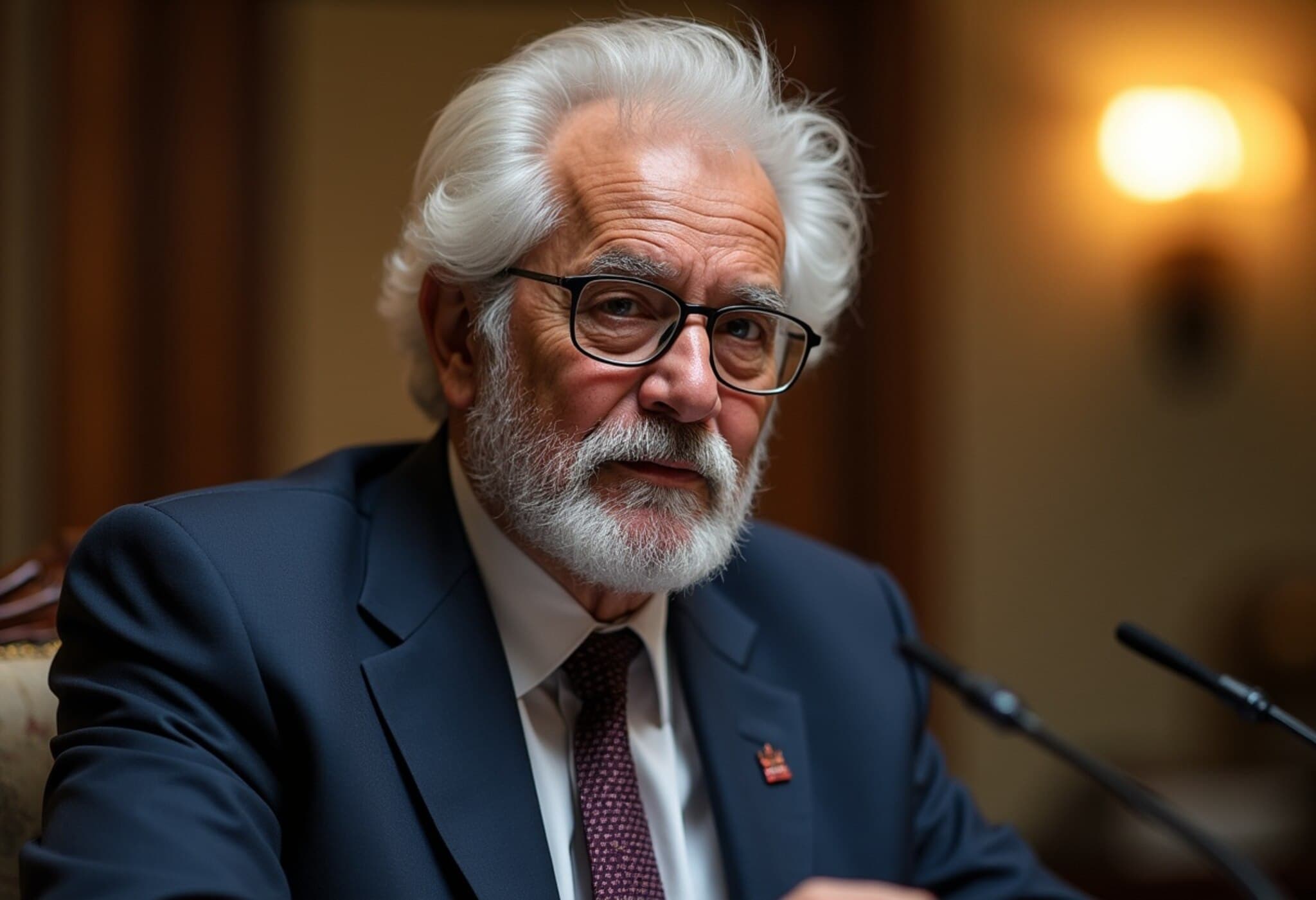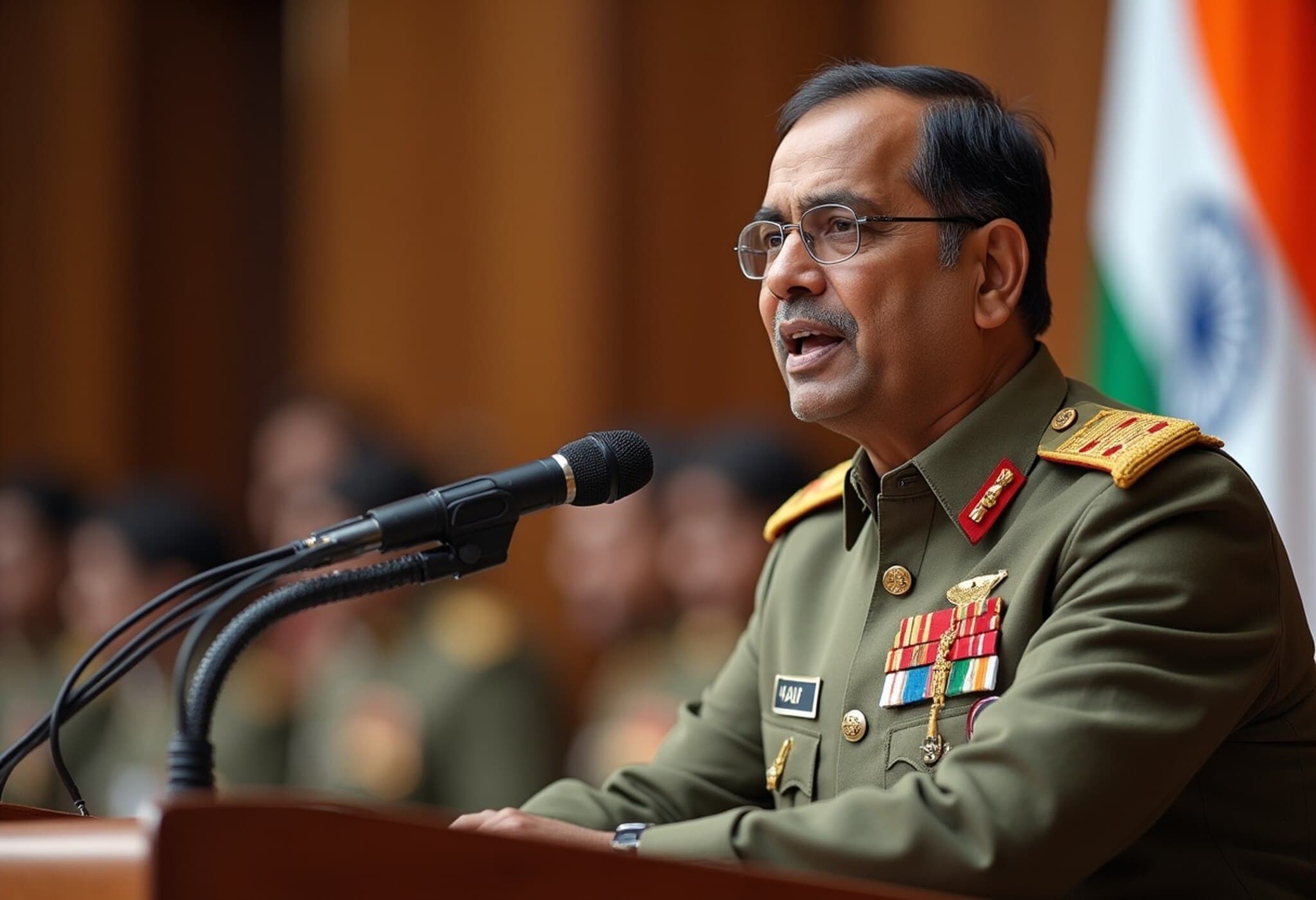US and Philippines Set to Deepen Security and Economic Partnership
In a significant move signaling strengthened alliances in Asia, US President Donald Trump is preparing to host Philippine President Ferdinand Marcos Jr. at the White House later this month. Although an exact date has yet to be disclosed, Philippine Ambassador to the US, Jose Manuel Romualdez, confirmed that the meeting will take place "very soon," underscoring the deepening cooperation between the two longtime treaty allies.
Shoring Up Peace Through Deterrence Against Regional Threats
The upcoming summit comes against the backdrop of rising tensions in the South China Sea, a strategic and contested waterway. The United States has reaffirmed its commitment under a mutual defense treaty to protect the Philippines if its military assets—forces, ships, or aircraft—are attacked. This assurance is critical as China intensifies military activities in the region, challenging the sovereignty of several nations, including the Philippines.
Ambassador Romualdez shared with The Associated Press that the leaders will focus discussions on enhancing "peace through deterrence," a phrase echoing US Defense Secretary Pete Hegseth’s vision. Hegseth advocates for bolstered military collaborations, including large-scale combat exercises held on Philippine soil, designed to reinforce deterrence strategies against China’s assertive maneuvers.
Regional Security: Cementing a United Front
Diplomatic efforts have also been intensifying among key US allies in Asia. Just days prior, US Secretary of State Marco Rubio met with Japanese Foreign Minister Takeshi Iwaya and Philippine Foreign Secretary Theresa Lazaro during the ASEAN ministerial meetings in Malaysia. Their discussions highlighted ongoing efforts to build a trilateral bloc focused on expanding economic partnerships and strengthening maritime security.
Rubio expressed optimism about the trilateral cooperation, saying, "We have a great relationship with Japan and the Philippines and work closely with them on the economic corridor, maritime security, and territorial integrity." His remarks signal Washington’s strategy to foster a network of alliances that can collectively address regional challenges, especially maritime disputes and security threats.
Contextualizing the South China Sea Dispute
The South China Sea remains one of the most volatile geopolitical flashpoints. Multiple claimants—including China, the Philippines, Vietnam, Malaysia, Brunei, and Taiwan—vie over territory and maritime rights in this vital trade artery. The United States’ defense treaty with the Philippines, first formalized over seven decades ago, has become more relevant as China expands its military footprint through island-building and patrol operations.
Similarly, Japan faces its longstanding territorial conflict with China over the East China Sea’s Senkaku Islands, emphasizing how maritime security is a shared concern across the US alliance network in Asia.
Expert Commentary: A Strategic Pivot with Long-Term Implications
From a policy perspective, this meeting signals the US administration’s intent to escalate its presence and influence in Asia by reviving and reinforcing partnerships rooted in Cold War-era treaties. For the Philippines, a country balancing close economic ties with China and security guarantees from the US, the talks present both an opportunity and a diplomatic tightrope.
Experts note that while “peace through deterrence” is a prudent approach amid regional tensions, it also risks escalating military posturing in a region fraught with nationalism and historical grievances. Washington’s commitment to hosting President Marcos Jr. underscores a strategic pivot intended to reassure allies amidst China’s rise, but it is equally a test of how these partnerships can navigate complex geopolitical realities without triggering unintended conflict.
Looking Ahead: Key Questions and Regional Impact
- How will the US-Philippines alliance evolve in the face of China’s growing maritime ambitions?
- Can the trilateral cooperation between the US, Japan, and the Philippines establish a durable regional security architecture?
- What economic initiatives might complement military agreements to foster sustainable peace and prosperity?
- How does this development affect ASEAN’s internal dynamics, especially among member states with varying relationships with China?
Editor's Note
This upcoming meeting between Presidents Trump and Marcos Jr. is more than a diplomatic formality—it is a pivotal moment that may redefine security and economic cooperation in the Indo-Pacific region. As tensions simmer in contested waters, the world watches closely how these alliances shape the balance of power, influence regional stability, and impact global trade flows. Understanding these dynamics offers critical insight into international relations that affect everything from naval strategy to supply chains and diplomatic dialogues.

